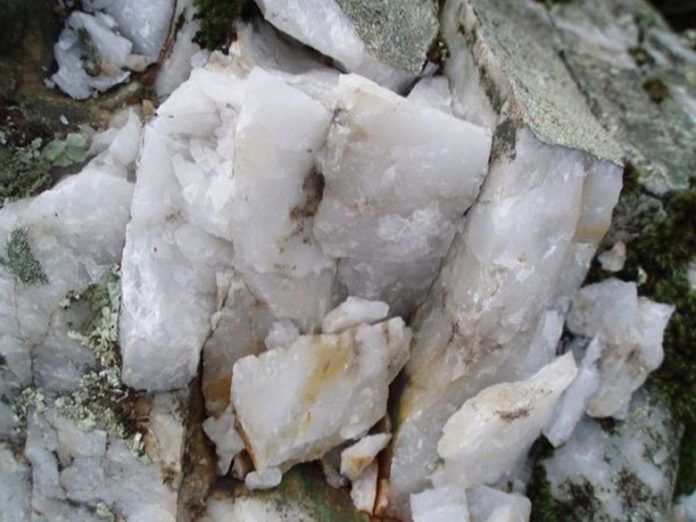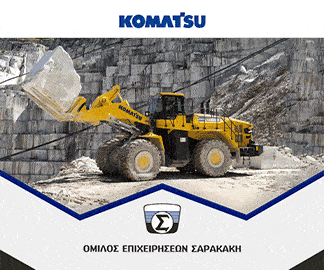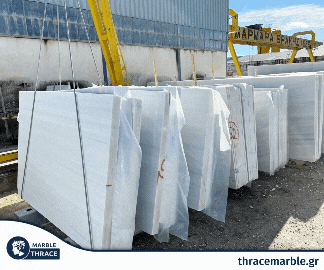Questions arise on decorative stone market following the decision of the United States International Trade Commission (USITC) to examine furtherly the anti-dumping duties to be possibly imposed on quartz surface products imports from China.
On April 17, 2018 Cambria LLC, one of the biggest finished quartz surface plates producing companies in USA, reported to the United States International Trade Commission (USITC) claiming that the quartz surface products imported from China are sold in the US market at a price lower than the appropriate one.
According to the report, the Chinese producers used dumping and State aid in order to gain an unfair advantage in US market. The dumping margins are 455% on average, revealing that Chinese prices are much lower than the production cost of quartz surface products in a market economy.
The application also argues that Chinese producers benefit from more than 20 grants programmes provided by the Chinese state, including subsidies, loans, tax reliefs and the supply of land, electricity and raw materials at the lowest prices.
In addition, it is claimed that the increase in Chinese imports has hurt the domestic industry and threatens to further damage it if no duties are imposed in order to compensate China’s unfair trading practices.
The report includes quartz products of all sizes, thicknesses and shapes, including both prefabricated and slab or sheet products, even goods imported already attached to or combined with cabinets, furniture and sinks.
Quartz surface products are particularly popular as they are an alternative to marble and granite due to their durability and aesthetic appeal, while they are used in many different applications.
The particular low prices helped Chinese companies to obtain significant market shares from US companies. According to Cambria LLC, the value of Chinese imports of quartz surface products surged from 6 million dollars a year in 2010 to nearly 460 million dollars a year in 2017.
However, if high tariffs are imposed on Chinese quartz imports, the cost of quartz could drastically rise, limiting the profit margins of US companies whose large part of revenues is relied on these products sales.
This was the reason that on May 1, MS International, one of the largest quartz products importers and distributors, filed a challenge at the United States International Trade Commission claiming that Cambria’s petition should be denied in two grounds. First, by law, such petitions can be filed only by one or more businesses that hold more than 50% of the market shares. Cambria argues that it alone meets this criteria while MSI believes this is not true, especially because Cambria has included prefabricated quartz surfaces in the anti-dumping charges, leaving out US domestic fabricators in its estimation of market share. According to MSI, Cambria was based merely on the fact that they own “five of the nine production lines for non-fabricated quartz surfaces in the US”. MSI finds that this in itself is an insufficient prove that the market share held by Cambria is 50%, invalidating their petition.
The United States International Trade Commission report announced last June (click here) states that on the basis of the preliminary phase of the investigation, the Commission decided that there are reasonable indications that a company based on the United States of America suffers serious injury by the quartz surface products imports from China at a lower price than the fair value while they are purportedly subsidised by China’s state.
In conclusion, it is worth saying that the official authorities started the investigation with a petition filed by a US company and not the American government. This case could also lead other US based companies of the industry to claim duties imposition on ornament stone imports from China and probably from Europe.








































